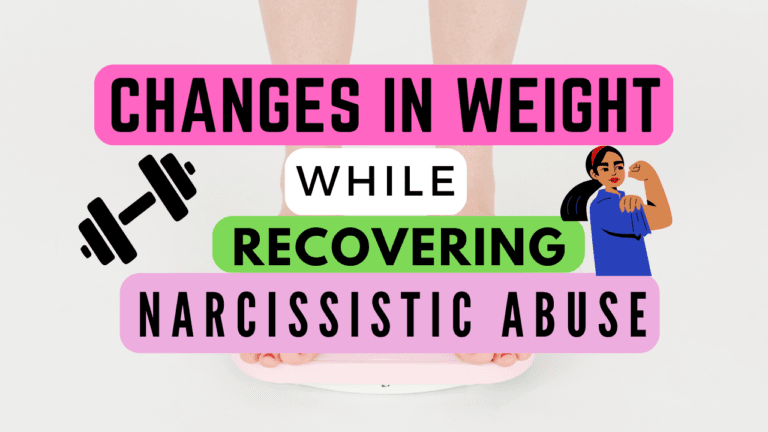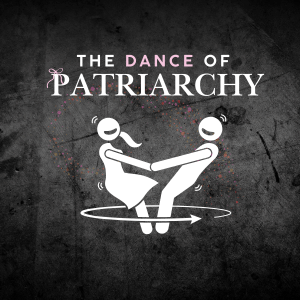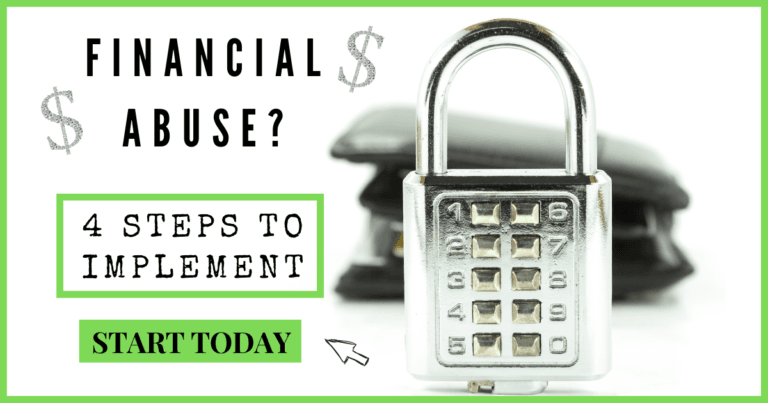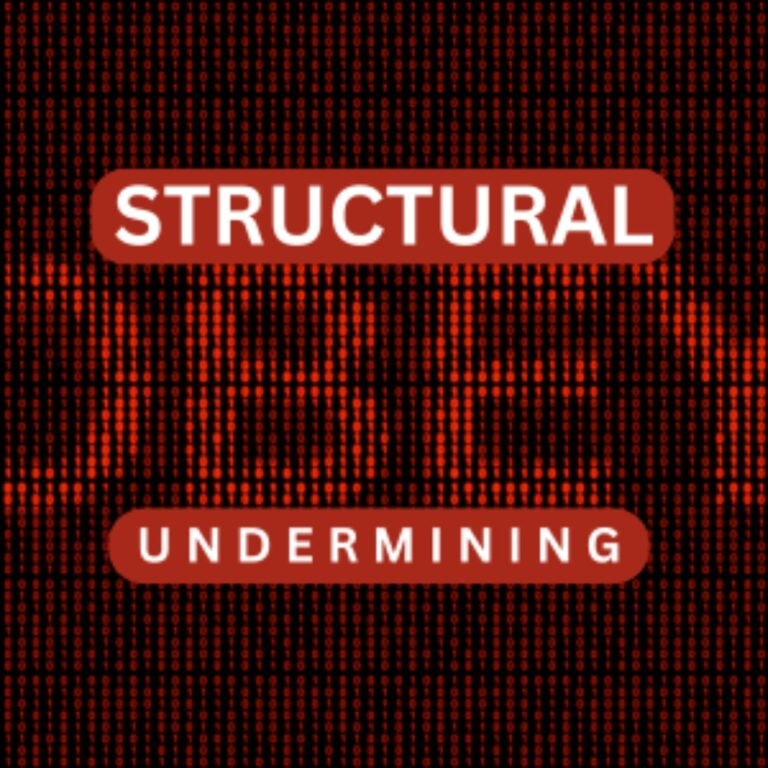10 Telltale Indicators You May Be the Scapegoat in a Narcissistic Family
In a narcissistic family dynamic, various roles often emerge, each playing a unique part in perpetuating and maintaining dysfunctional patterns.
Understanding these roles is crucial for comprehending the complexities and dynamics within such families.
First, we will explore five key roles: the scapegoat, the golden child, the lost child, the enabling parent, and the narcissistic parent. Then we will dive in more deeply and talk about the signs you may be the scapegoat.
Each of these roles serves a specific function and contributes to the overall dynamics of the narcissistic family system.
By shedding light on these roles, we can gain deeper insights into the harmful patterns at play and the impacts they have on individuals within the family unit.
Table of Contents
Quick DefinitionS
Scapegoat
The scapegoat is typically the family member who bears the brunt of blame, criticism, and negative attention within the narcissistic family. They are often unfairly assigned the role of being the family’s problem or the source of all conflicts. The scapegoat is made to feel responsible for the family’s dysfunction, while other members may deflect accountability and project their own issues onto them.
Golden Child
The golden child is the family member who receives excessive praise, validation, and favoritism from the narcissistic parent. They are idealized and held in high regard, often becoming the narcissistic parent’s primary source of narcissistic supply. The golden child is often shielded from criticism and may be used to reinforce the narcissistic parent’s self-image and bolster their ego.
Lost Child
The lost child is the family member who tends to be emotionally neglected and overlooked within the narcissistic family system. They often withdraw from family interactions, seeking solace and refuge in isolation. The lost child may feel invisible and struggle to establish their own identity, as their needs and desires are frequently disregarded or dismissed.
Enabling Parent
The enabling parent is the non-narcissistic parent who enables and supports the narcissistic parent’s behaviors. They often downplay or excuse the narcissistic parent’s abusive actions, maintaining the family’s dysfunctional status quo. The enabling parent may actively participate in gaslighting the other family members or may passively enable the narcissistic parent’s behavior through their silence or inaction.
Narcissistic Parent
The narcissistic parent is the central figure in the narcissistic family dynamic. They display a pervasive pattern of grandiosity, a need for admiration, and a lack of empathy. The narcissistic parent manipulates, controls, and exploits family members to meet their own needs and maintain their inflated self-image. They prioritize their own desires over the well-being of their children, often engaging in emotional, verbal, or psychological abuse.
Understanding these roles is crucial for individuals who have experienced narcissistic family dynamics, as it helps validate their experiences and provides a framework for healing and breaking free from the destructive patterns.
Recognizing whether you have been cast as the scapegoat in a narcissistic family dynamic is an important step towards understanding the dynamics at play and beginning your healing process. Here are some signs that you may be the scapegoat in a narcissistic family:
Consistent Blame
You find yourself consistently blamed for family issues or problems, regardless of your actual involvement or responsibility. The blame is often disproportionate and unfair, with others avoiding accountability for their actions.
Unreasonable Criticism
You are the target of constant criticism, often for trivial or fabricated reasons. This criticism is harsh, demeaning, and designed to erode your self-esteem and confidence.
Double Standards
Rules and expectations are applied more harshly to the scapegoat than to other family members. What others can get away with, the scapegoat cannot.
Emotional and Verbal Abuse
You experience frequent emotional and verbal abuse, including insults, belittling, gaslighting, or humiliation. Your feelings and opinions are dismissed, disregarded, or invalidated.
Isolation and Alienation
You feel isolated within your family unit, with limited emotional support or connection. You may be excluded from family events, conversations, or decision-making processes, leaving you feeling like an outsider.
Projected Family Issues
The family dynamics often revolve around blaming you for the family’s problems. Your achievements and successes may be downplayed or ignored, while any negative events are attributed to you.
Role of Family Problem Solver
You are often assigned the role of the family’s problem solver, expected to fix or resolve conflicts that arise. This role is placed upon you without regard for your own needs, while others avoid responsibility or actively contribute to the problems.
Feeling Invisible or Overlooked
Your achievements, needs, and emotions are frequently overlooked or disregarded. Your accomplishments may be overshadowed, minimized, or met with indifference, leaving you feeling unappreciated and unseen.
Emotional Manipulation and Control
Manipulative tactics, such as guilt-tripping, emotional blackmail, or triangulation, are employed to control and manipulate you. Your emotions are used as leverage to maintain the narcissist’s power and control over the family dynamic.
Enmeshment with the Narcissistic Parent
You may have an enmeshed relationship with the narcissistic parent, where boundaries are blurred, and your personal autonomy is undermined. Your individuality is suppressed, and you are expected to fulfill the needs and desires of the narcissistic parent at the expense of your own well-being.
These are not the only signs – and even if these exist it is not always conclusive that you are in a narcissistic family – but it’s a high likelihood…
The scapegoat, since they often blamed for the family mistakes and on them is placed the burdens of the family, other tactics are covertly involved such as undermining their authority or any opinions, treated as less than, not as valuable in conversations, attention of their abilities is not shared nor congratulated authentically. And this is not a one time event, it’s chronic.
It’s like the home family environment, wants the scapegoat to disappear, but at the same time to serve the needs of the family.
So they are used, exploited, until they get the knowledge and ability to leave and go no contact or grey rock, and then figure out their role in the family, and how destructive it was to their emotional and mental health and well-being.
In addition, the scapegoat is made to feel crazy when they speak up and share or have any sort of self-esteem properly displayed. The family unit is quick to try to put them in their place, especially if they have been apart from their family unit for a time.
Recognizing these signs is the first step towards breaking free from the scapegoat role and beginning your healing journey. Remember, seeking support from a therapist or counselor who specializes in narcissistic abuse can provide valuable guidance and help you navigate the challenges of healing and recovery.
Related: Why the Scapegoat and Golden Child Have Strained Relationship
Related: 10 Signs You May Be the Family Scapegoat
Related: 8 Ways Emotional Abuse Survivors Suppress Their Emotions
Related: The Lost Child: 10 Ways To Detect in a Narcissistic Family
Related: 10 Signs of a Narcissistic Mother and How to Handle
Related: Why the Scapegoat Will Never Be Respected – Thinking About Reuniting with Your Narcissistic Family?
Did you grow up in a narcissistic family environment? What was your role? How is your healing journey? Drop a comment and let us know…
Related: Why the Scapegoat and Golden Child Have Strained Relationship
Related: 10 Signs You May Be the Family Scapegoat
Related: 8 Ways Emotional Abuse Survivors Suppress Their Emotions
Related: The Lost Child: 10 Ways To Detect in a Narcissistic Family
Related: 10 Signs of a Narcissistic Mother and How to Handle
Related: Why the Scapegoat Will Never Be Respected – Thinking About Reuniting with Your Narcissistic Family?






